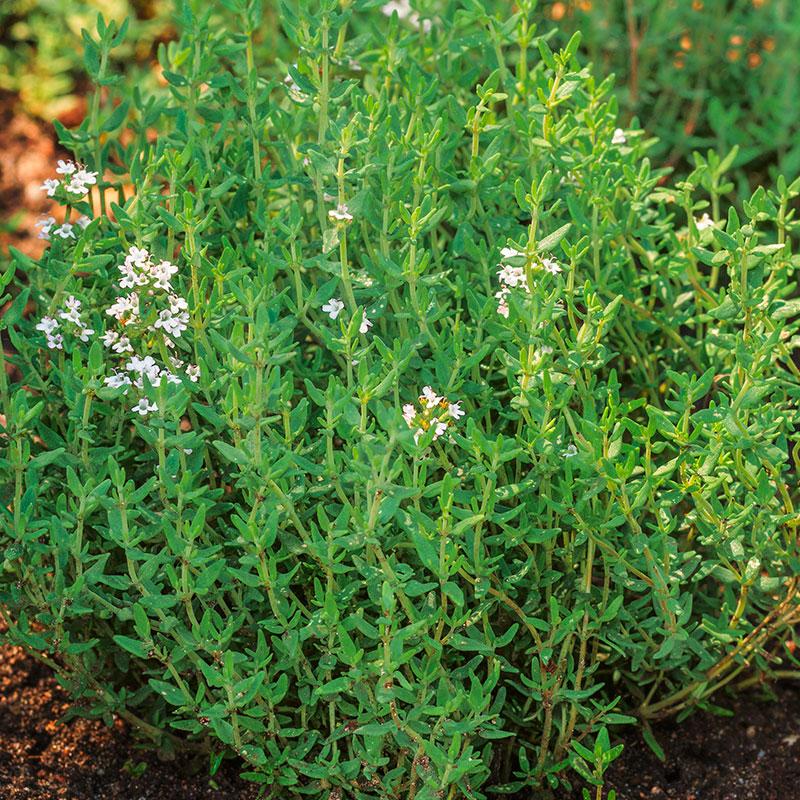Herbs and Their Benefits
In Cyprus, local herbs have been part of health treatments for centuries. The island’s rich biodiversity, with its varied climate and fertile soils, supports many medicinal plants. These plants play a key role in traditional Cypriot medicine. This practice has passed down through generations and remains valued today.
Historical Background
Herbal medicine in Cyprus has ancient roots. Greeks and Romans recognized the healing properties of local plants. The island’s location made it a key stop for many civilizations. This influenced its medical practices. Traditional healers, called “giatros,” used herbs, prayers, and rituals to treat ailments. Families passed down knowledge of these herbs orally through generations.

Common Medicinal Herbs
Several local herbs are widely used in Cypriot herbal medicine
Thyme (Thymus capitatus): Thyme has antiseptic and anti-inflammatory properties. It treats respiratory conditions like bronchitis and sore throats. It is also used in herbal teas for digestive issues.
Sage (Salvia fruticosa): Native to Cyprus, sage helps with menopause symptoms and reduces sweating. Sage tea is a common remedy for colds and throat infections.
Oregano (Origanum onites): Oregano is rich in antioxidants. It boosts the immune system and treats respiratory and digestive problems. Oregano oil is valued for its antimicrobial properties.
Chamomile (Matricaria chamomilla): Chamomile has calming effects. It is used for insomnia, anxiety, and digestive issues. Its anti-inflammatory properties also help with skin conditions.
Lavender (Lavandula stoechas): Lavender relieves stress, headaches, and insomnia. Its oil treats burns, insect bites, and minor wounds.
Modern Applications and Integration
Today, Cypriots use herbs in both traditional and modern ways. Modern medicine is widely available, but many still combine herbal remedies with conventional treatments. Households commonly use herbal teas, essential oils, and tinctures. Families often pass down recipes through generations.
Recently, interest in traditional Cypriot herbal medicine has grown. This aligns with a global trend towards natural and holistic health. Local herbalists and wellness centres now offer workshops and products. They promote Cypriot herbs to both locals and tourists. Scientific research increasingly supports the effectiveness of these traditional remedies.

Conservation and Sustainability
The popularity of herbal medicine has raised concerns about conservation. Over-harvesting, urbanization, and climate change threaten Cyprus’s biodiversity. Efforts are underway to cultivate medicinal plants and protect wild populations. These initiatives aim to ensure the sustainability of herbal medicine practices.
Conclusion
Local herbs are a cornerstone of health treatments in Cyprus. They also form a vital part of the island’s cultural heritage. Their continued use and preservation reflect respect for nature and traditional knowledge. Cypriot healthcare blends the old and the new, offering a harmonious approach to wellness.
You May Also Like This
How Much Does the Cataract Operation Cost in Cyprus: https://anatolikilemesou.com/?p=6205




